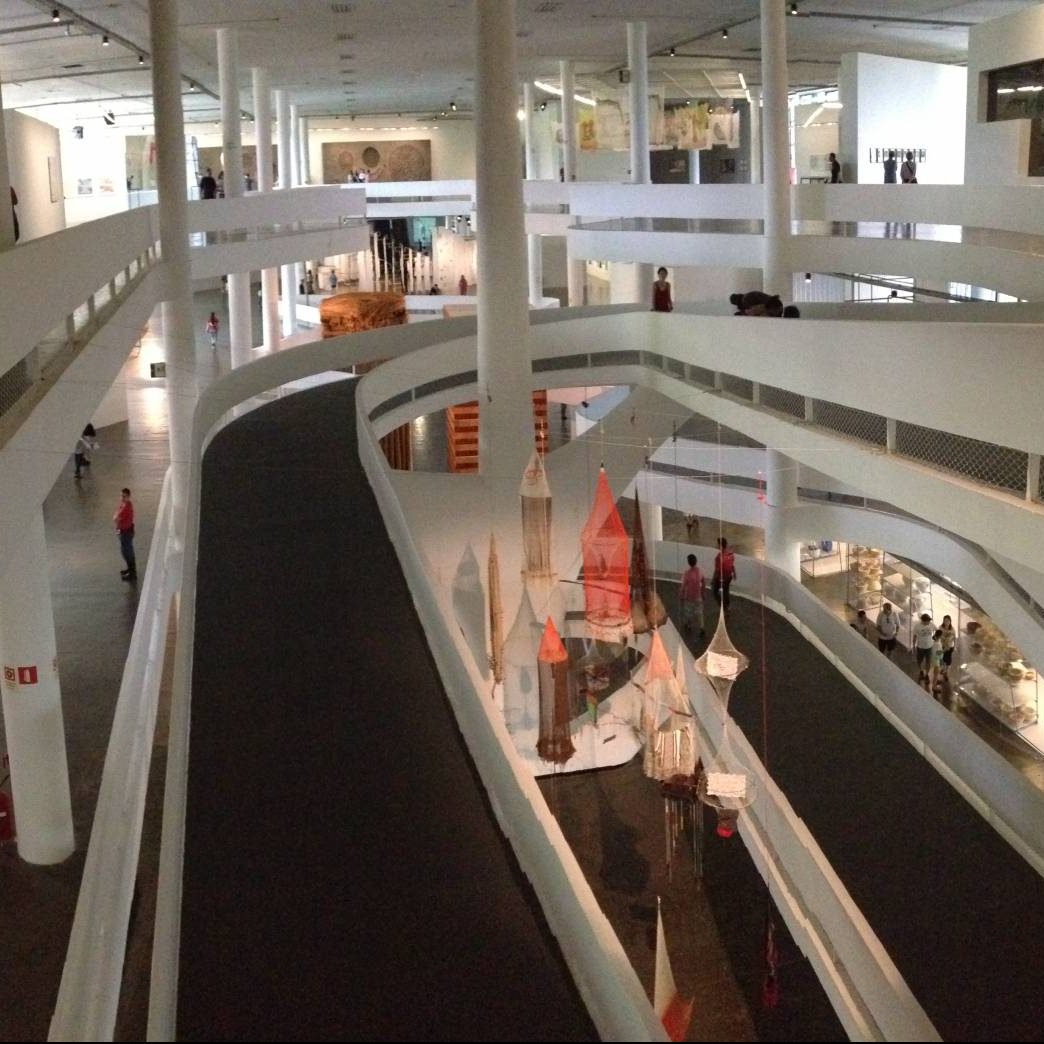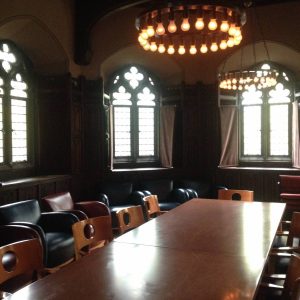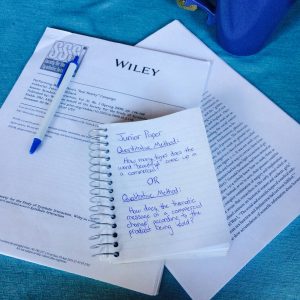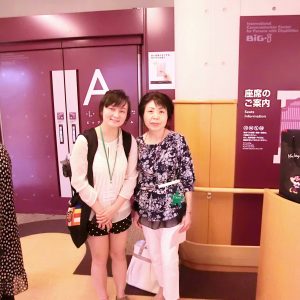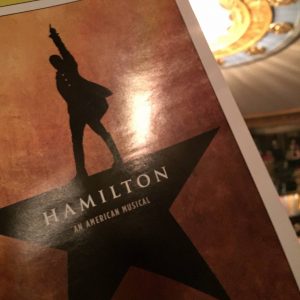We all need friendly teeth.

This is what Amanda Wilkins, director of the Writing Program, told me at the beginning of this fall: not the kind of teeth that draw blood, but certainly the kind that instill a little fear.
When immediate priorities are vying for our attention and long-term project deadlines are in the faraway future – perhaps a final paper that is weeks away, a JP not due until Reading Period, or a full thesis not due before April of next year, for crying out loud – it’s easy to push the long-term tasks off to another day, and then another.
Friendly teeth: progress deadlines with bite.
Insert friendly teeth: the intermediate accountability standards, made and enforced to keep us on track between now and the distant future. Also known as progress deadlines with bite.
I have a year to write my thesis – I don’t want to be just getting started in March. Heck, I want to be done by March, and spend the last month before my deadline deciding between fonts.
Kidding. The only acceptable font for a thesis is Times New Roman, size 12.
And one other problem: I am almost never early.

Call me a chronic time optimist – I consistently underestimate how long it will take to get from outline to paper, or to walk across campus to meet a friend, or to shower, brush my teeth, do my readings, and teleport to class. Chronic time optimism runs in my family, and was reinforced growing up in Hawaii, home of “island time.”
But I’m working on it. And I’m here to report that so far, progress – on my thesis, at least – is going better than expected, thanks to the snapping jaws of three types of friendly teeth. Continue reading Building Friendly Teeth: A Three-Fanged Guide to Procrastination-Busting



